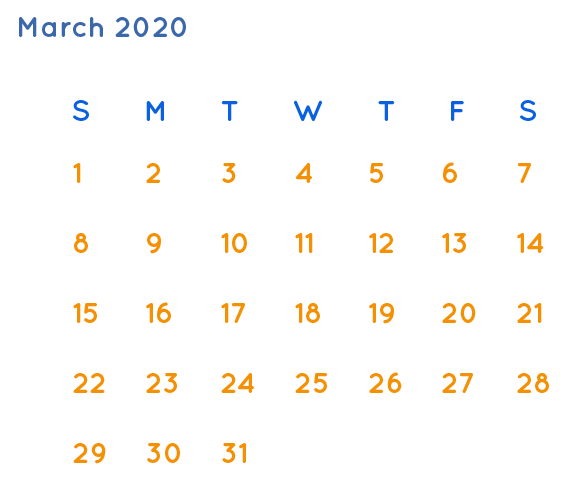Understanding the Relationship Between Weeks and Months - How Many Weeks in One Month?
When it comes to time management, understanding the relationship between weeks and months is essential. Many of us rely on calendars to schedule our daily activities, appointments, and events. However, the calculation of weeks in a month is not always straightforward due to the varying lengths of months. In this article, we will delve into this topic and provide you with a clear answer to the frequently asked question: "How many weeks are there in one month?"
I. The Gregorian Calendar
To answer the question accurately, we first need to explore the Gregorian calendar, the most widely used calendar system in the world. This calendar system was introduced by Pope Gregory XIII in 1582 and has been in use ever since. It is the calendar that most people are familiar with, consisting of 12 months in a year.

The Gregorian Calendar
II. Counting Weeks in a Month
The simplest way to calculate the number of weeks in a month is to consider that each week contains 7 days. Therefore, a straightforward approach would be to divide the total number of days in a month by 7. Let's break it down further:
- January: 31 days / 7 days per week = approximately 4.43 weeks
- February: 28 days (or 29 in a leap year) / 7 days per week = approximately 4 weeks
- March: 31 days / 7 days per week = approximately 4.43 weeks
- And so on for the remaining months.
III. Monthly Variations
As you can see, most months have approximately 4 weeks, with some months having a few extra days. February is unique because it can have either 4 weeks or 4 weeks and 1 day, depending on whether it's a leap year or not. A leap year occurs every four years, adding an extra day to February, making it 29 days instead of the usual 28.
IV. Visualizing Weeks in a Month
To help you visualize this, imagine a calendar for any given month. You'll notice that the month starts on a specific day of the week and ends on another. This can result in a varying number of weeks from month to month. The number of days at the beginning and end of the month that don't form complete weeks contributes to this variation.

Weeks in a Month
V. Importance in Planning
Understanding how many weeks are in a month is crucial for planning purposes. It affects your scheduling, budgeting, and time management. For instance, if you're paid weekly, you'll need to know how many paychecks to expect in a month. Similarly, if you have monthly bills, knowing how many weeks are in a month helps you budget effectively.
VI. Conclusion
In conclusion, the number of weeks in one month varies, with most months having approximately 4 weeks. However, due to the irregular number of days in each month, this figure can fluctuate slightly. February, in particular, can have either 4 weeks or 4 weeks and 1 day, depending on whether it's a leap year.
Understanding this relationship between weeks and months is essential for efficient time management and planning. Whether you're scheduling appointments, budgeting, or organizing your daily activities, having a clear grasp of how many weeks are in a month will help you stay on top of your tasks and responsibilities.